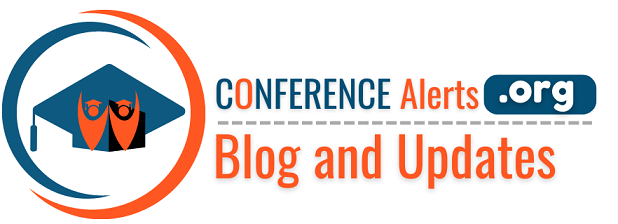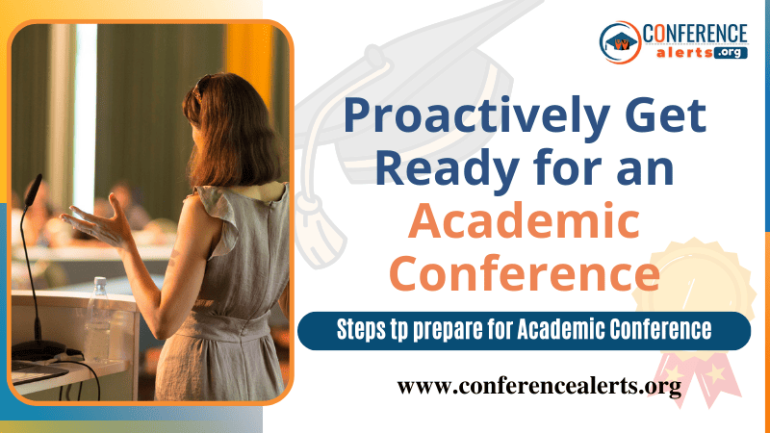Preparing proactively get ready for an academic conference is essential to ensure you make the most of your participation, whether you are presenting your research, networking, or attending to learn from others. Here’s a step-by-step guide on how to get ready for an academic conference:
Proactively Get Ready for an Academic Conference
Register Early:
Register for the conference as soon as possible to secure your spot and often take advantage of early-bird discounts.
Review the Conference Program:
Familiarize yourself with the conference program, including session schedules, keynote speakers, workshops, and social events. Identify the sessions you want to attend and prioritize them.
Prepare Your Presentation (If Applicable):
If you are presenting your research, start preparing your presentation well in advance.
Practice your presentation to ensure you stay within the allotted time.
Prepare visuals like slides or posters, if required.
Anticipate questions and prepare answers.
Research the Presenters and Attendees:
Look up the profiles and research interests of keynote speakers, session presenters, and attendees you plan to connect with. This will help you engage in meaningful discussions.
Set Clear Goals:
Define your goals for attending the conference. Do you want to network, learn, present your research, or explore job opportunities? Knowing your objectives will guide your activities.
Prepare Your Elevator Pitch:
Craft a concise and engaging elevator pitch that introduces yourself and your research. You’ll use this when networking and meeting new people.
Prepare Business Cards and Materials:
Create professional business cards that include your name, affiliation, contact information, and any relevant social media profiles.
If you have research posters or handouts, ensure they are well-designed and printed in advance.
Download Conference Apps or Tools:
Many conferences have dedicated apps or online platforms that provide schedules, attendee lists, and networking opportunities. Download and familiarize yourself with these tools.
Plan Your Schedule:
Use the conference program to create a personalized schedule. Include sessions, meetings, and breaks.
Plan to arrive early for sessions to secure a good seat and avoid rushing.
Pack Essentials:
Pack your conference essentials, including your presentation materials, laptop, chargers, notebooks, pens, and any necessary personal items.
Dress professionally and comfortably, taking into account the conference’s dress code and any social events.
Practice Time Management:
Plan how you’ll manage your time during the conference, including balancing sessions, networking, and downtime.
Prepare Questions and Discussion Points:
If you plan to engage in Q&A sessions or discussions, prepare thoughtful questions and discussion points related to the topics of interest.
Follow Conference Hashtags:
Check if the conference has a dedicated hashtag on social media. Follow it to stay updated on discussions and connect with attendees.
Stay Informed About Local Logistics:
If the conference is in an unfamiliar location, research the venue’s location, nearby accommodations, transportation options, and dining choices.
Practice Good Etiquette:
Be courteous and respectful during presentations and discussions.
Respect time limits when asking questions or making comments.
Network Actively:
Attend networking events, receptions, and social gatherings to meet fellow attendees.
Approach people with a friendly demeanor and initiate conversations.
Find Upcoming Academic Conferences in France 2024
Collect and Organize Information:
Take notes during sessions and conversations to capture key insights and contact information.
Follow Up:
After the conference, follow up with new contacts, send thank-you emails, and continue discussions to nurture relationships.
FInd Best Upcoming Academic Conferences World wode
Final words
By Proactively Get Ready for an Academic Conference, you can make the most of the opportunity to learn, network, and share your research effectively. It’s all about being organized, setting clear goals, and engaging actively with others in your field.

